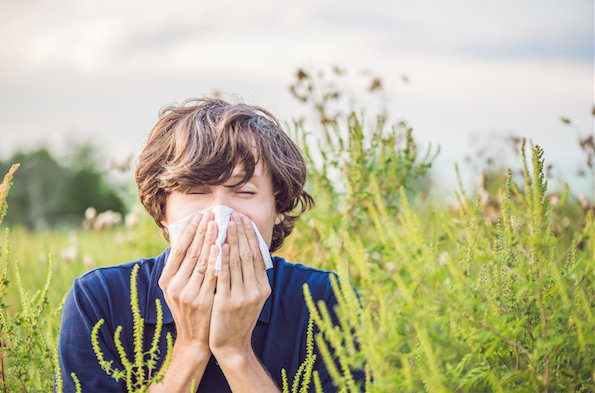The heart is an incredibly hard-working machine, beating more than 100,000 times per day. The organ pumps 2,000 gallons of blood through 60,000 miles of blood vessels in just 24 hours. After many years of service to your body, the heart tends to become less elastic, less responsive and its walls thicken.
As a result of these physiological changes, older adults are more susceptible to various cardiovascular diseases. In spite of this, there are many things people can do to live long after their hearts have exhibited the signs of age.
Hypertension
High blood pressure is an extremely common condition, especially in the elderly. This disease is linked to stroke, kidney disease, heart attack and heart failure. Those whose blood pressure measures above 130/80 mm Hg, should seek treatment including:
- • Diet modification
- • Moderate exercise
- • Giving up smoking
- • Weight loss
- • Medication
Coronary Heart Disease
Half of all heart attack victims are over 65, and women are most at risk for a heart attack after menopause.
Treatment varies for heart attack sufferers depending on physical limitations, history of heart disease and other factors. However, some form of medication is traditionally prescribed.
Heart Valve Disorders
There are several common heart valve disorders present in older adults, the most common being aortic valve disease. Valve disorders cause heart failure, chest pain and fainting in most patients as valves thicken and stiffen. Many patients are treated successfully through a valve replacement surgery.
Rhythm Disorders
People of any age but predominantly older adults may experience problems with rhythm abnormalities. They may experience slow or missed beats, dizziness and fainting. However, at times, sufferers may not experience an indication of any rhythmic problem at all. Doctors often prescribe pace makers to resolve this problem.
Overall, lifestyle changes make a large difference in the prevention of cardiovascular disease. To minimize your risks, follow a regular exercise regime, eat a low-fat diet and do not smoke. Also, visit your doctor on a regular basis to check your heart health. (Print pdf)















